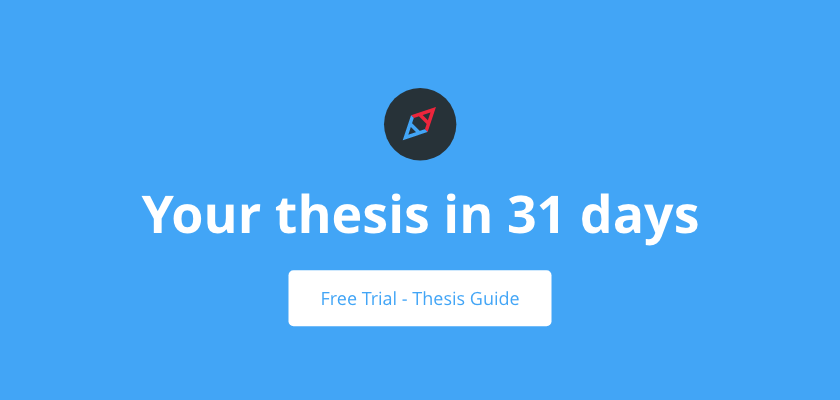A literature review is an academic research within the framework of a bachelor’s or master’s thesis in which certain information and data from scientific studies are independently collected to answer a specific question.
The studies originate from scientific journals. The main methods include logical reasoning, analogies, comparisons, simulations, critical considerations and other logical operations.
What are the advantages of a literature review?
- Independence from others,
- There are plenty of sources and above all digital sources,
- Clear methodology,
- Relying on available literature is possible,
- Easy to plan,
- You can write faster
- Relatively little effort,
- No waiting periods,
- Fewer risks and fewer surprises,
- Easier to receive a higher mark.
What are the disadvantages of a literature review?
- Hard to find a topic,
- Your English must be pretty good,
- Demanding sources,
- A research question is difficult to formulate,
- Finding your personal contribution is not easy so you really have to think about it,
- Risk of getting lost in literature,
- Danger of plagiarism.
What does a topic for a literature review look like?
Like other types of work. The difference lies in the data sources and methods.
What does an outline in the Literature Review look like? What chapters need to be included?
You can find a detailed outline with page numbers in the Thesis Guide. Register here.
What are the challenges of a literature review and how do I overcome them?
Your personal contribution to a literature review depends on new knowledge gained by evaluating scientific studies. But you can struggle from these difficulties:
1. You have to gain new insight on the basis of a study review
The biggest challenge is your individual contribution. If everything already exists in the studies, how can I possibly add something new? It seems impossible….
Yes, you can. The Thesis Guide takes you by the hand and leads you step-by-step through this process of knowledge using a chocolate topic as an example. You will receive detailed instructions for your own thesis. From the very beginning you can see what exactly YOUR contribution will be based on the starting situation, the main question, the detailed questions and the formulation of the goal. You "only" have to answer the questions...
2. You must use text analysis methods!
You can only use studies. No experts, no people to interview. There’s not much time. Many texts seem like good sources but you always find better ones.
You will find an overview of the methods for the evaluation and analysis of studies in the Thesis Guide. By formulating the key question at the beginning of the paper, you already have the storyline for the evaluation of the studies.
How do I avoid plagiarism in the Literature Review?
The danger of copying and thus the risk of plagiarism is very high for the literature thesis. You have to pay attention to this from the moment you begin writing.
Quite simply, our Thesis Guide offers a free plagiarism analysis at the end of your thesis, using software approved by universities. Once the check is completed, you will receive detailed instructions with examples on how to correct dubious passages. Follow some simple rules that minimize the plagiarism risk.
Our Thesis Guide helps you see the end of the work right at the beginning, using proven patterns and examples for the initial situation, guiding questions, detailed questions and formulation of objectives. This makes YOUR results clear, right from the start. This even makes work fun!
What’s the best place to start my Literature Review?
Start with the research question, topic and the appropriate sources! What answers are you looking for?
Follow the standardized procedure in the Aristolo Thesis Guide and finish in no time!
- Write a proposal (clear guiding question, the supervisor’s expectations and methods etc.)
- Specifically filter books and fill theory chapters,
- Survey the state of research by means of study evaluations and write the chapters,
- Consider and describe analytical methods (research methods),
- Obtain and evaluate information, data and arguments from sources,
- Gain new insight by means of analyses
- Draw conclusions, write the chapter on results and finish it.
How can the Aristolo Thesis Guide help you write a literature review?
The Thesis Guide has detailed descriptions of the contents of all chapters with micro-questions, sample formulations and tools of all kinds plus much more. Check out the Thesis Guide for help with your Literature Review.
Good luck writing your text!
Silvio and the Aristolo Team
PS: Check out the Thesis-ABC and the Thesis Guide for writing a bachelor or master thesis in 31 days.


